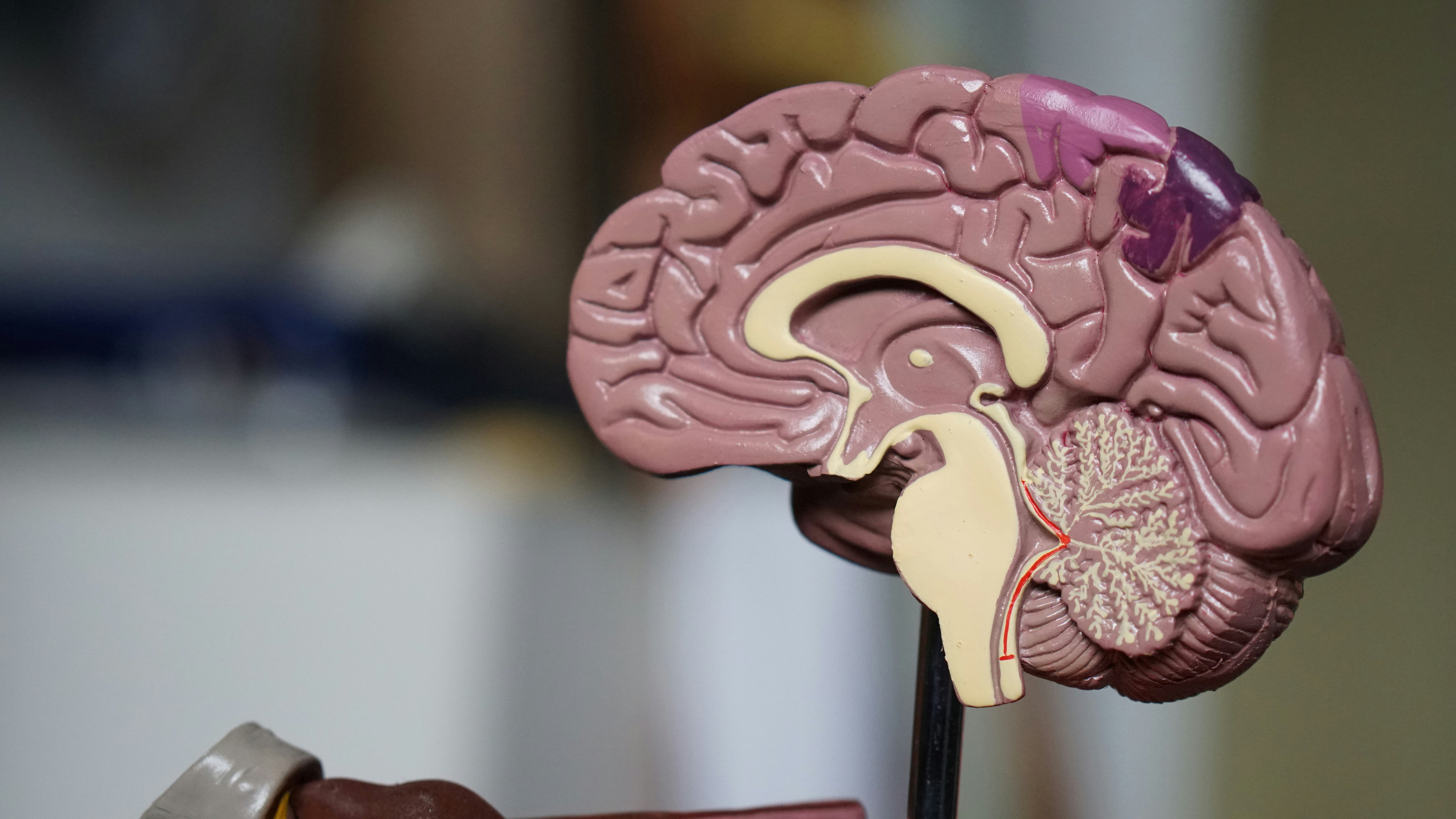Medical Assistant Training in the Netherlands
In the Netherlands, medical assistant training is designed to offer students the necessary competencies to support healthcare professionals effectively. These training programs include both clinical and administrative aspects, ensuring that students gain practical experience in patient care, scheduling, and medical office operations. The focus on hands-on learning and an understanding of the Dutch healthcare system makes it a suitable option for those wishing to enter the medical field.

This article is for informational purposes only and should not be considered medical advice. Please consult a qualified healthcare professional for personalized guidance and treatment.
The Dutch healthcare system values well-trained professionals who can support medical practitioners and ensure patient care runs smoothly. Medical assistants play a crucial part in this ecosystem, handling a variety of tasks that enable doctors and specialists to focus more on direct patient treatment. The training programs in the Netherlands are designed to equip individuals with the necessary skills to excel in this demanding yet rewarding field, preparing them for diverse settings from general practices to specialized clinics.
Curriculum in Dutch Medical Assistant Training
Medical Assistant training in the Netherlands typically covers a broad range of subjects, ensuring graduates are well-rounded and capable. Students learn fundamental medical knowledge, including anatomy, physiology, and medical terminology. A significant portion of the curriculum focuses on practical skills, such as assisting with minor medical procedures, taking vital signs, performing basic laboratory tests, and managing patient records. Communication skills are also heavily emphasized, preparing future medical assistants to interact effectively with patients, families, and other healthcare professionals. Administrative tasks, including scheduling appointments, managing billing, and maintaining electronic health records, form another core component of the education, reflecting the multifaceted nature of the role in local services. The training often includes internships or practical placements, providing invaluable real-world experience within Dutch healthcare facilities.
Advantages of Medical Assistant Training in the Netherlands
Pursuing medical assistant training in the Netherlands offers several distinct advantages for career development. Graduates emerge with a recognized qualification that opens doors to various employment opportunities across the country’s robust healthcare sector. The practical, hands-on nature of the training ensures that individuals are job-ready upon completion, possessing both the theoretical knowledge and the clinical competencies required. Furthermore, the role of a medical assistant provides a direct entry point into the healthcare field, allowing individuals to contribute meaningfully to patient well-being and gain experience that can serve as a foundation for further specialization or advanced studies in healthcare. The demand for qualified healthcare support staff remains consistent, offering good career stability.
The Role of Medical Assistants in Dutch Healthcare
Medical assistants in the Dutch healthcare system serve as indispensable links between patients and medical professionals. Their responsibilities are diverse, encompassing both clinical and administrative duties. On the clinical side, they may prepare examination rooms, sterilize instruments, assist doctors during examinations and procedures, and provide basic patient care instructions. Administratively, they are often the first point of contact for patients, managing reception desks, handling phone calls, updating patient files, and processing insurance forms. They play a vital role in maintaining the efficiency and organization of medical practices, ensuring that patient flow is smooth and that doctors have the support they need to deliver high-quality care. Their presence allows medical practices in your area to operate more effectively, enhancing the overall patient experience.
Medical assistant training programs in the Netherlands are offered by various institutions, ranging from public vocational colleges (MBO) to private educational providers. The cost of these programs can vary significantly based on the institution, program length, and specific curriculum. Public MBO institutions generally have standardized tuition fees set by the government for students aged 18 and over, alongside additional costs for study materials and sometimes contributions for practical training. Private providers may offer more flexible schedules or specialized courses but often come with higher tuition fees. It is advisable for prospective students to research different providers thoroughly to understand the full financial commitment involved.
| Product/Service | Provider | Cost Estimation (Annual) |
|---|---|---|
| MBO Level 4 Training | ROC Midden Nederland | €1,200 - €1,300 |
| MBO Level 4 Training | ROC Friese Poort | €1,200 - €1,300 |
| MBO Level 4 Training | Zadkine | €1,200 - €1,300 |
| Private Training Course | Various Private Institutes | €3,000 - €7,000+ |
Prices, rates, or cost estimates mentioned in this article are based on the latest available information but may change over time. Independent research is advised before making financial decisions.
Medical assistant training in the Netherlands provides a comprehensive pathway for individuals seeking to enter the healthcare field. The structured curriculum, combined with practical experience, prepares graduates for a dynamic role that is critical to the efficient functioning of clinics and hospitals. With a clear understanding of the training content, career benefits, and the integral role medical assistants play, aspiring professionals can make informed decisions about pursuing this valuable profession within the Dutch healthcare landscape.




